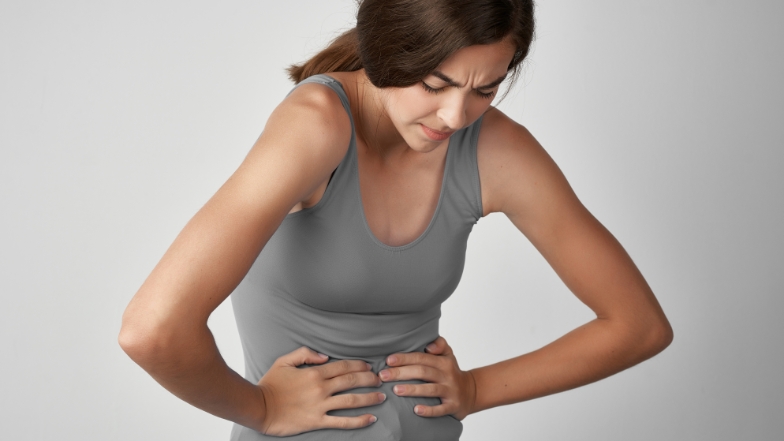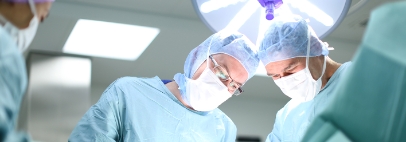Recognising and treating endometriosis individually
Hormonal treatment of endometriosis
Endometriosis-related pain and cramps can also be treated hormonally and with medication. As the endometriosis centres build up during the monthly cycle under the influence of the female hormone oestrogen, it helps to take medication that influences the body's own hormone production, for example in the form of the so-called "mini-pill". They keep oestrogen levels low. Women can also counteract their pain with a hormone coil. Talk to our doctors in detail about your personal situation, especially if you wish to have children.
Relieving the pain symptoms of endometriosis
Of course, painkillers can also effectively alleviate symptoms. However, this form of therapy is only a short-term solution to endometriosis. If you take painkillers regularly over a longer period of time, you must expect side effects. You should therefore find out about more sustainable solutions and discuss with our specialists what is possible and desirable for you personally.
Surgically removing centres of endometriosis
In some cases, there is no alternative to surgery: the endometriosis centres must be surgically removed or directly destroyed. This procedure is carefully planned by our doctors and is carried out using minimally invasive techniques as part of a laparoscopy. The good news is that such an operation can lead to the fulfilment of a desire to have children that was previously made impossible by endometriosis.
Depending on the family planning situation, treatment with medication or surgery is preferred. In rare cases, and if there is no other option, the removal of the uterus, fallopian tubes and ovaries may be discussed. Bethesda Hospital is known for its modern and gentle surgical procedures and has a great deal of expertise in this area.


.jpg)

